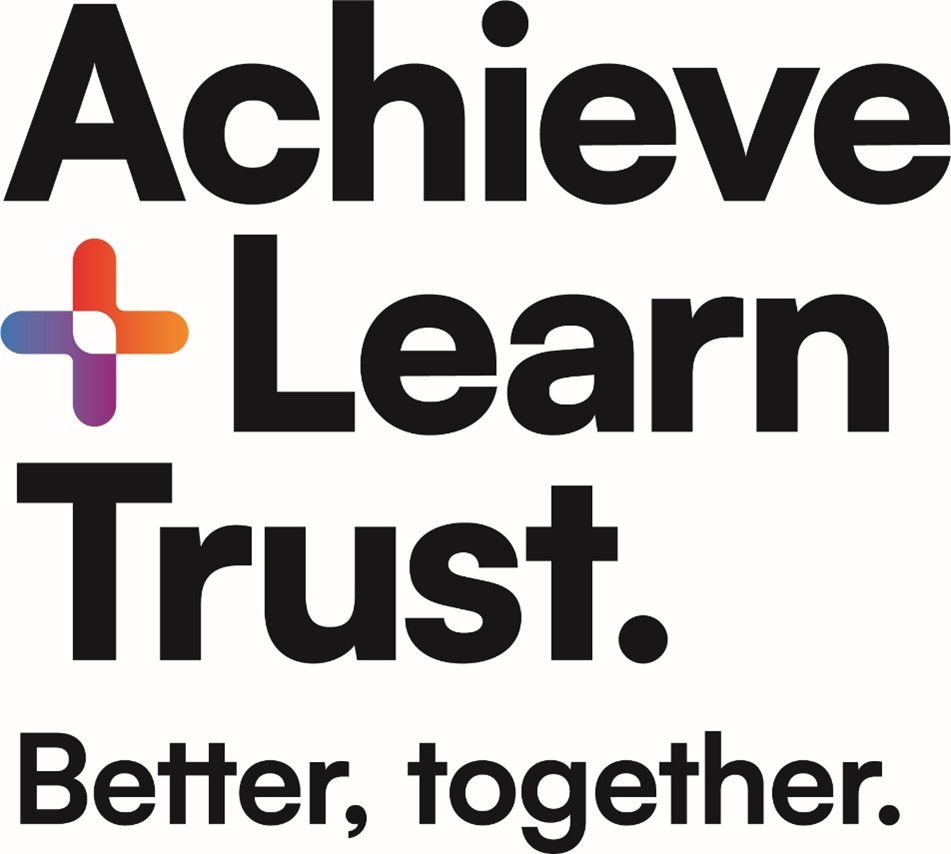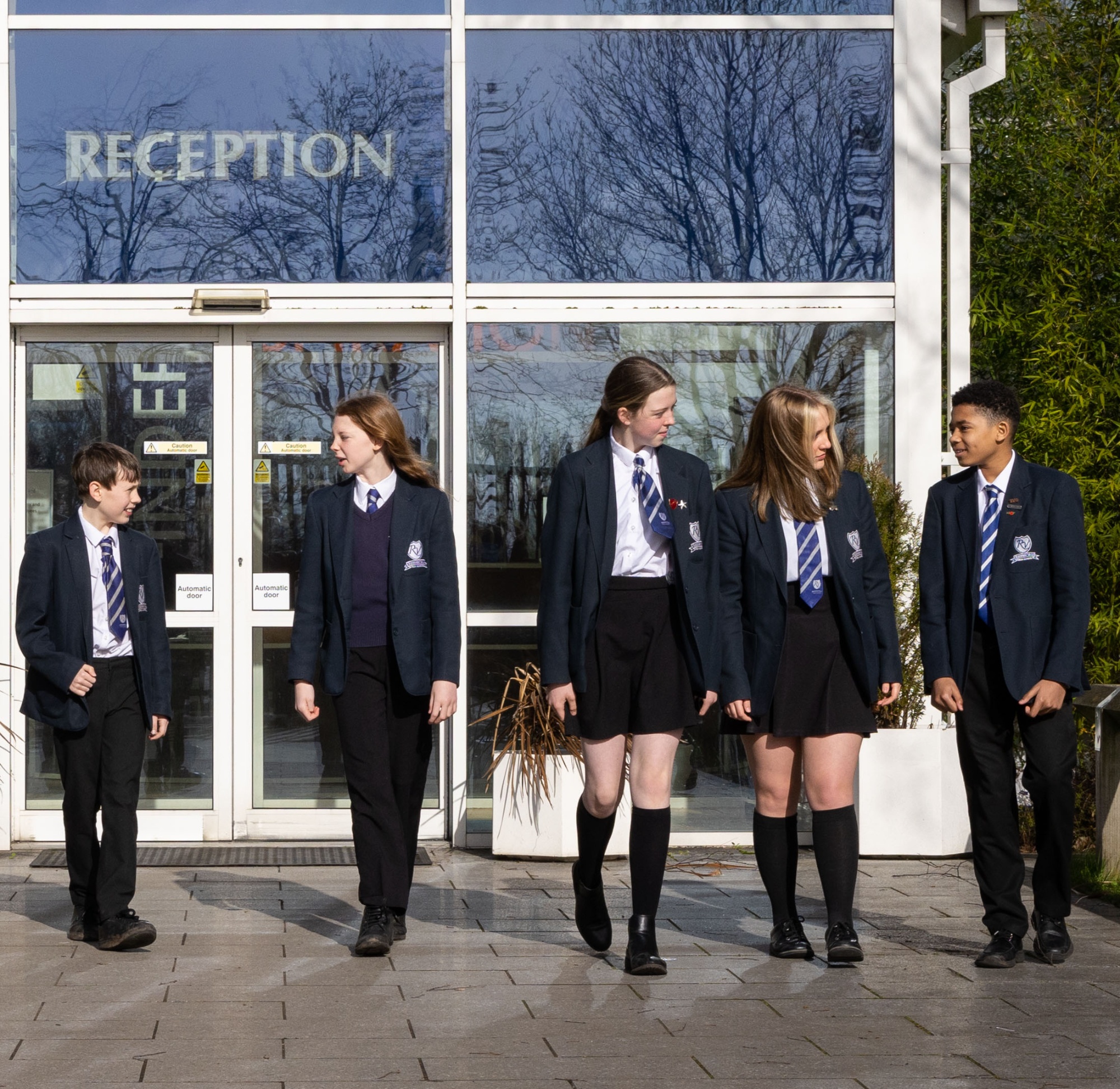Curriculum Vision Statement

Achieve and Learn Trust Curriculum Statement
Better Together.
At the Achieve and Learn Trust, we are passionate about inclusion and firmly believe that an enriching, engaging and challenging curriculum offer for all, consistently delivered through high quality teaching and learning, is the key to an excellent education.
We want all our students, no matter what their background or previous social and academic experience, to leave school as confident, articulate, well-qualified and responsible young adults, ready to make a highly positive contribution to their community and wider society.
Intent
Our aim is to provide an outstanding education to all our students through a curriculum which promotes high aspiration; enables academic success and excellence; and supports personal growth, preparing and equipping students for success in all aspects of their adult life.
Our curriculum is designed to enable students to acquire and retain the core knowledge and skills that they require in each subject discipline, in order to be successful in education and transferable to later life and further learning. It is equally important that, through great teaching, the core knowledge is developed, extended upon, contextualised and applied in order to provide a richness of curriculum that engages students, consolidates learning, provides a scaffold for future advanced learning and encourages transferable skills.
Implementation
The overall curriculum offer and individual subject specialist curriculum provision , broken down into key stages, is outlined as a 5-year provision map and separate sixth form provision map on each school’s website.
All our students are entitled to and experience the same challenging curriculum in Key Stage 3, which eventually leads to a minimum of 9 subjects studied at GCSE. The curriculum is unashamedly academic, however we also recognise that students have different learning styles, talents and interests, therefore cater for this through the creative and technical courses and small number of vocational courses available at KS4.
In order to be successful in any given subject, we believe that students have to acquire and retain identified core knowledge and skills, taught at different appropriate stages in the curriculum, that provide the platform for future learning, i.e. the acquisition and application of extended/advanced knowledge and skills.
Therefore, a mastery approach is taken to core knowledge and skills within each subject, with retention, recall and application vital to the lifelong consolidation of the core curriculum elements.
In order for all students to be able to access the curriculum (i.e. learn what they are expected to learn in the appropriate year group), reading, writing and numeracy skills are critical and, therefore, early catch up is essential. We identify students early in year 7 and provide additional literacy and numeracy support where required, to enable a secure grasp of the core skills and access to the full curriculum offer.
Subjects work together, wherever possible, to identify knowledge, concepts, themes and skill-based links between subject disciplines. Joint planning and sequencing of teaching can help students to make connections that will support and boost learning, helping them to understand the world around them and their place in it.
At SMLT we believe that education is so much more than the acquisition of academic knowledge and skills that enables students to achieve and excel. Personal growth is equally important and therefore the PSHE, creative, career-led and enrichment elements of the curriculum are of vital importance.
PSHE and Careers education are taught both explicitly and within each subject area, where the opportunity allows. Art, Music and Drama are not only academic subjects in their own right, but also regarded as vital in developing students' creative talents, building confidence, a sense of self, and therefore supporting overall academic achievement.
The curriculum is viewed as everything our students experience in every aspect of school life. This includes form tutor time; the wider enrichment and extra-curricular offer including sports, art, music, drama, science and ICT clubs etc; and visits off-site, including residential visits. We are proud of the whole host of opportunities offered by staff and the high levels of participation by students.
Impact
Formative assessments are used frequently in lesson time to support students by checking that prior learning has been consolidated and embedded, before moving on to new learning. Teachers will use many forms of assessment, including the frequent use of questioning. This informs planning, the timing and sequencing of new learning.
Success in individual subjects is closely linked to student's retention and understanding of subject-specific language and terminology, and therefore teachers will provide challenges that check knowledge is committed to long-term memory.
At Key Stage 3 summative assessments are used each term to check learning has been embedded, and we use this information, alongside continuous assessment, to report to parents/carers whether students are making the good progress expected of them. At KS4 summative assessments are supported by mock examinations to check students are on target to meet challenging expectations at GCSE and therefore progress is reported as a predicted grade, alongside an Attitude to Learning commentary.

